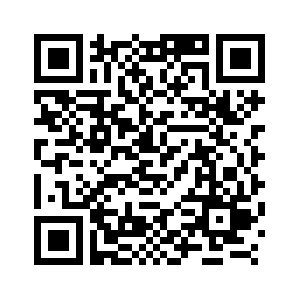Mainland expert debunks Lai's "four elements" argument for Taiwan's so-called statehood
Source: Xinhua
Editor: huaxia
2025-06-28 23:48:00
BEIJING, June 28 (Xinhua) -- A Chinese mainland scholar has criticized Taiwan leader Lai Ching-te for his recent claim that "Taiwan is a country," calling it a misguided distortion of the "four elements" theory of statehood.
Lai's argument violated legal principles, history, and the facts surrounding cross-Strait relations, Wang Yingjin, director of the cross-Strait relations research center of the Renmin University of China, wrote in a signed article.
According to the article, a closer examination of the four essential elements of statehood -- population, territory, government and sovereignty -- clearly shows that Taiwan has never been a country, and nor will it be a country.
Wang noted that the 23 million people in Taiwan are the people of a local administrative region, and they are part of the entire Chinese population. He explained that "the people" in the concept of "sovereignty belongs to the people" refers to all the people of a country. Thus, the "people" in this context are the Chinese people as a whole, not just the 23 million people in Taiwan.
He emphasized that while Taiwan's authorities currently control and administer the areas of Taiwan, Penghu, Kinmen and Mazu in a temporary manner, they hold no territorial sovereignty over those areas. Instead, their territorial sovereignty should be held jointly by all Chinese people on both sides of the Taiwan Strait.
Wang clarified that as a local administrative unit of China, the so-called government to which Lai referred is merely a local authority within China and does not possess the status of a subject under international law in international affairs.
Moreover, Wang said that Taiwan's sovereignty belongs to China. Although the two sides of the Taiwan Strait have not yet been fully reunified, China's sovereignty has not been divided, and the fact that both the mainland and Taiwan belong to one China remains unchanged.
"Taiwan is a part of China. This is a fact that brooks no challenge," Wang added. ■



